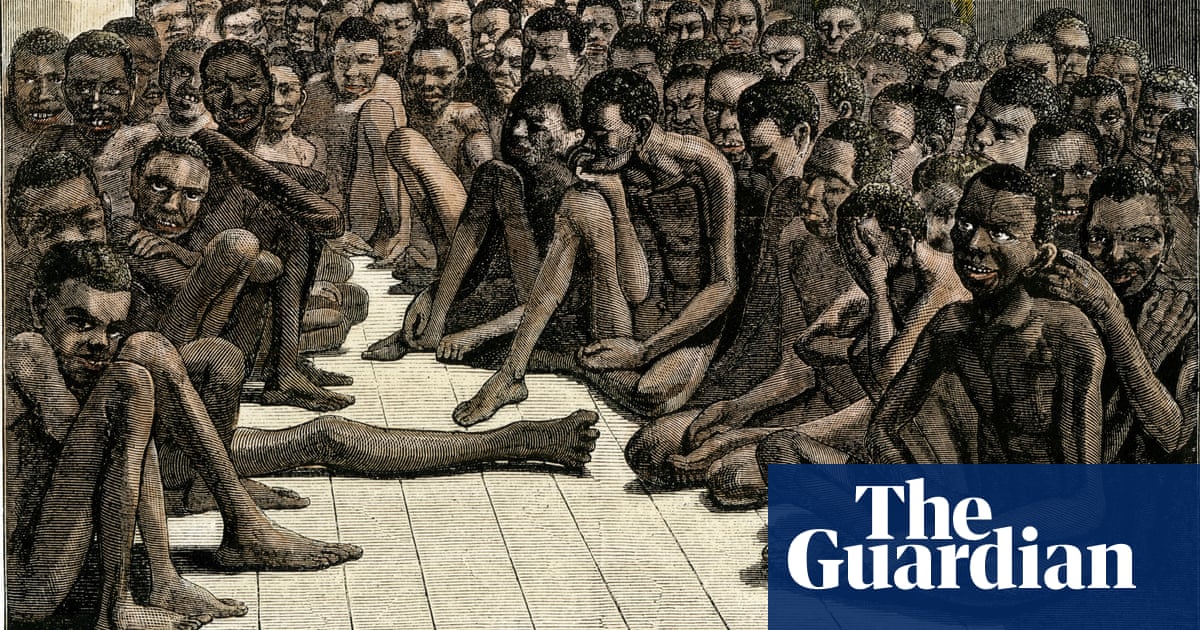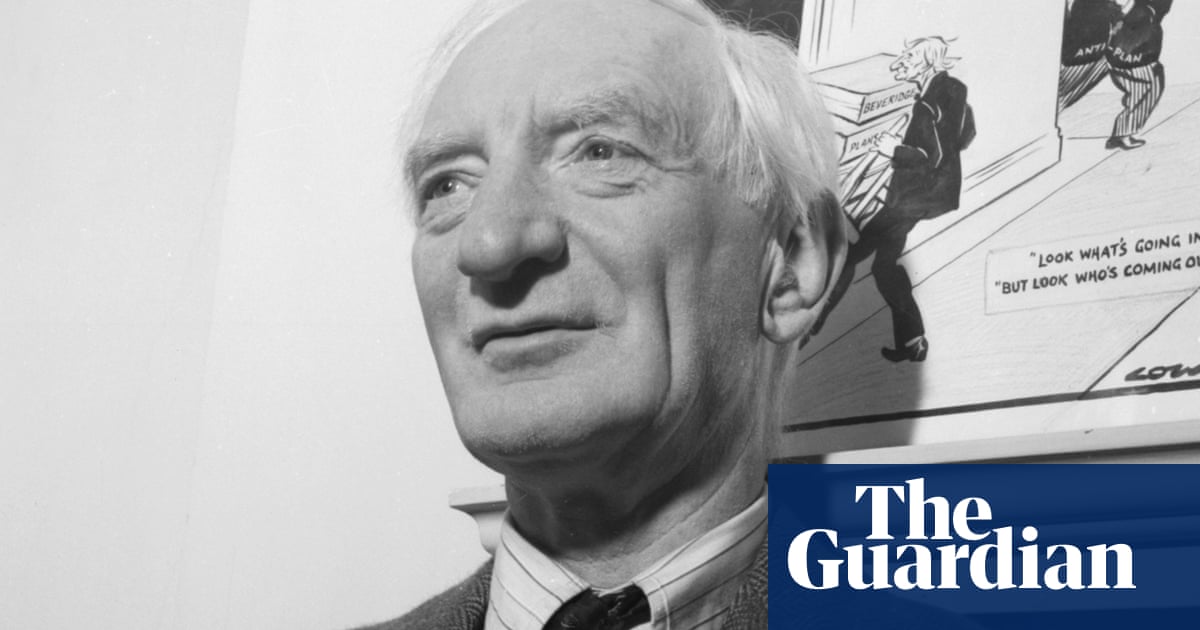
Ella Sinclair is of course right to point out the damage done by our participation in the slave trade even after abolition (It’s not unpatriotic to tell the whole truth about Britain and the end of slavery, 27 March), although mention should have been made of the scandal of compensation paid to slave owners for the loss of their “property” and the vicious enforcement of enslaved people to undergo “apprenticeships” for four to six years after being freed.
But it is before abolition that is the real lacuna here: far from Penny Mordaunt’s ludicrous claim that “our biggest contribution to the evil trade was to end it”, there is the fact that we actually dominated it for the two and a half centuries before abolition. As our own parliament’s heritage collections points out: “British involvement in the transatlantic slave trade began in 1562, and by the 1730s Britain was the world’s biggest slave-trading nation. The triangular route … was highly lucrative. London was the financial heart of the system.” Not much to be proud of there.
Dr Richard Carter
Putney, London
A monument depicting a British naval officer “freeing an enslaved African” is only a fragment of the wider picture of British involvement in the business of enslavement. After a protracted struggle and against determined opposition, the actual transportation of enslaved peoples was ended in 1807, hence the deployment of the West Africa Squadron to intercept vessels participating in this “trade”. The “ownership” of enslaved people persisted until 1833, when enslavement was abolished in most of the empire, excluding the East India Company, Ceylon and St Helena. By 1848 these exceptions were eliminated.
However, to think we have “very little to apologise for” is to ignore the economic and ethical aftermath of enslavement. The Slave Compensation Act of 1837 made provision to compensate not of the enslaved but the enslavers. The “owners” were awarded a total of £20m (billions in modern terms) for the financial inconvenience of being deprived of the profits of this depraved enterprise. No statue can do justice to the shadow that this monumental shame continues to cast on our history.
Austen Lynch
Garstang, Lancashire
Of course Ella Sinclair is perfectly correct: Britain did not end the slave trade or slavery. It was ended because capitalism found it inefficient and a chain holding back profits, as explained in the 1944 book by Eric Williams entitled Capitalism and Slavery. Far from being a moral crusade it was the rising bourgeoisie who desperately needed free trade and a newly created working class to maximise their profits.
This did not stop the loudest protesters against slavery in the booming cotton industry from continuing to use cotton produced by enslaved people in the US, which only ended after the capitalist revolution of the American civil war.
Gary Cornwell
Rishton, Lancashire











